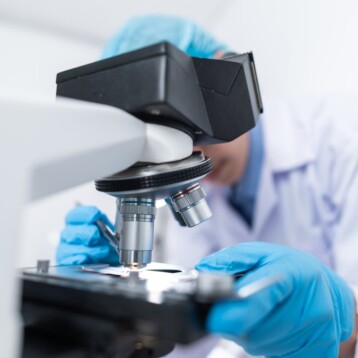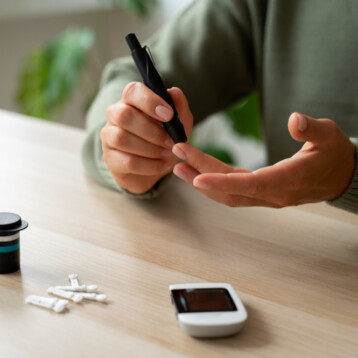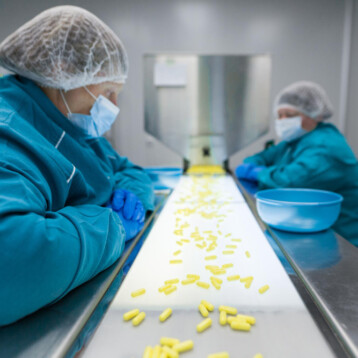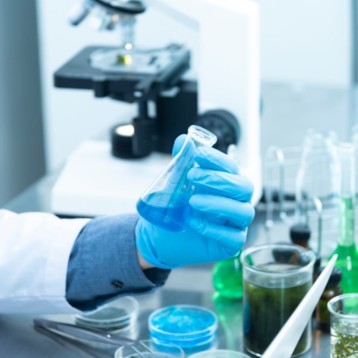|
The Nanocytometer was developed by Professor Lydia Sohn and her team member Andrea Carbonaro at the University of California, Berkeley. They combined physical, biological and chemical knowledge and technologies to create a small pore that can detect a specific cell in a blood sample. The device is essentially a silicone pore, slightly larger than a human cell, attached to a chip. An electrolyte solution flows through the pore so that the electric current is changed depending on the conductivity of the substance inside the pore. By measuring the electric current it is possible to know whether a specific cell is present in the blood sample or not.
In order to identifty a specific cell, it is necessary to use a unique identifier. The identifier chosen was the proteins present on the outer membrane of a cell. Every cell produces different proteins that are located on its outer membrane. Cancer cells have specific proteins on their outer membrane, a set of proteins that differentiate it from other human cells. To make the specific cells stay inside the pore for a long time, the antibodies to these proteins are attached to the pore’s inner surface. The antibodies bind the specific proteins located on the cell’s surface causing the cell to stay inside the pore fpr longer. This makes detection of specific cells feasible even when they are sparse.
Among the drawbacks of new technologies are size and cost. This device, however, can be mass produced similarly to other silicone appliances and will cost less than one cent per piece. The Nanocytometer easily fits between two fingers, making it an easy portable instrument. The device is also very simple and easy to use. After pricking the patient’s finger and inserting some of their blood into the disposable Nanocytometer device, results will appear quickly.
The Nanocytometer is capable of detecting specific cells in a blood sample, even if these cells are present in low concentrations. The implementation mentioned above is one of many possible implementations of the device. This makes the Nanocytometer a new overall technology for detecting diseases in a cheap and quick way.
TFOT recently covered another bio-chip technology currently under development for NASA at the California Institute of Technology (Caltech). A different biological sensor called BioPen, currently under development at Israeli Ben Gurion University in the Negev, has the potential to diagnose a variety of diseases.











